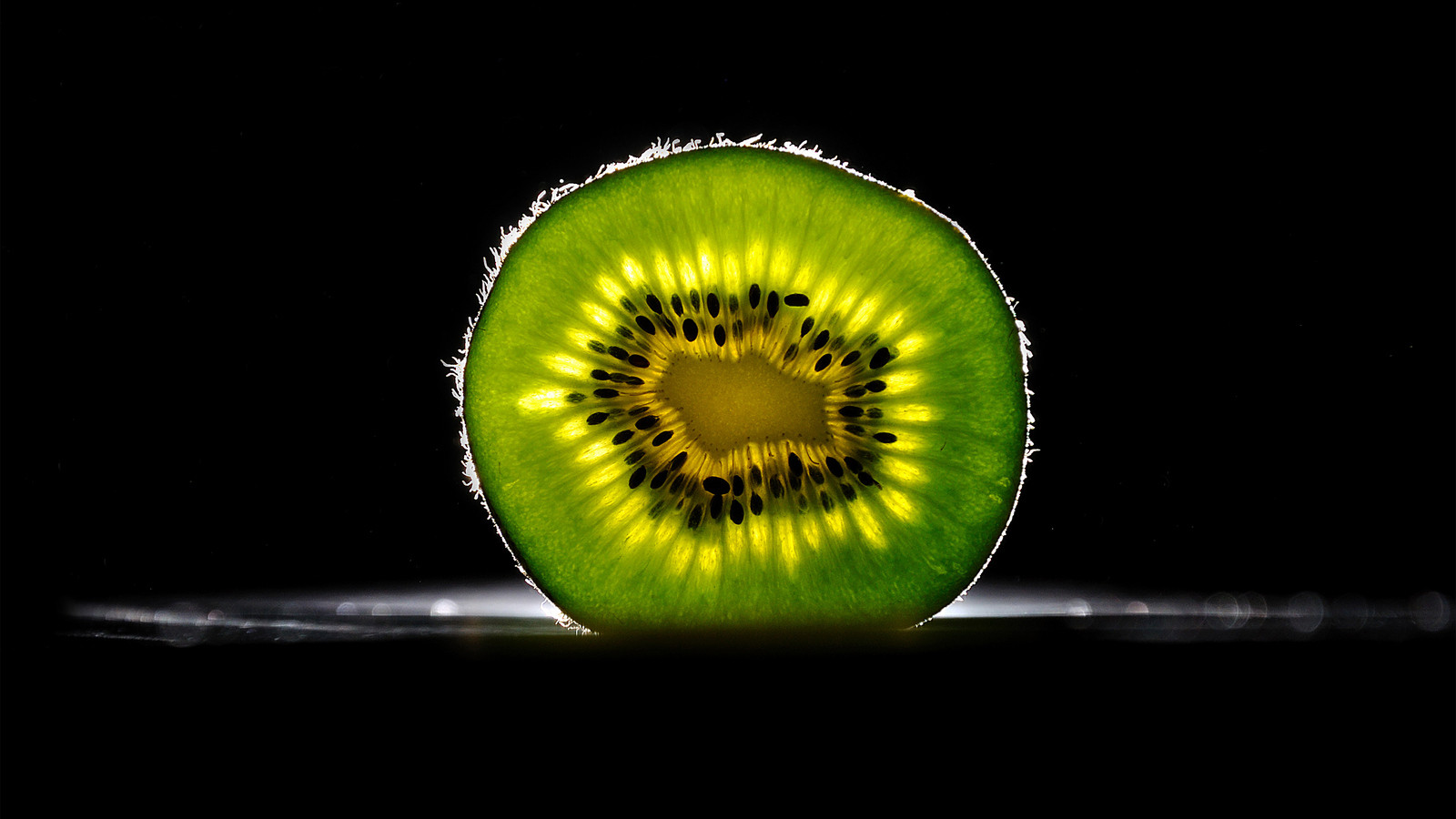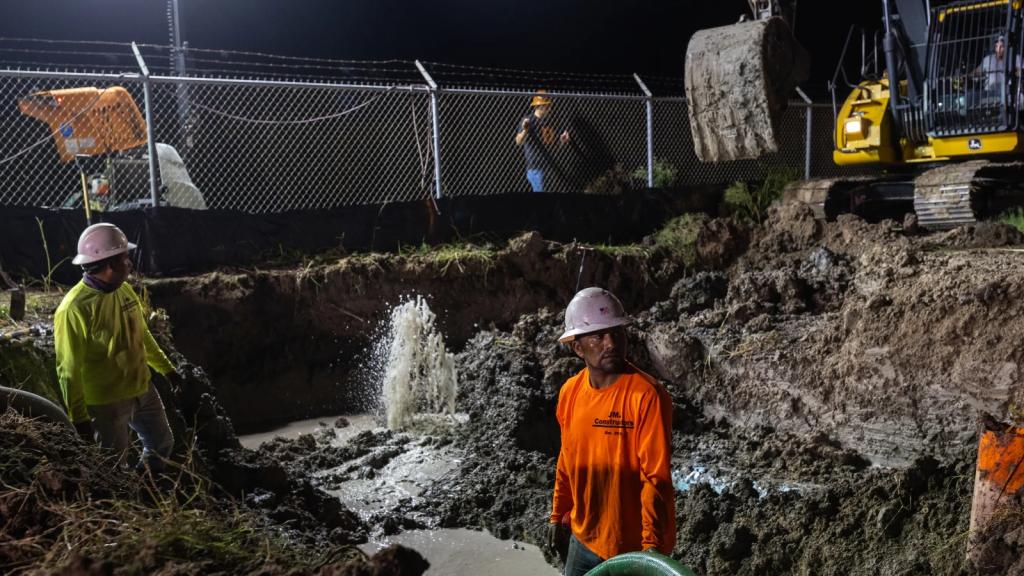It’s the last day for people to weigh in on Food and Drug Administration’s attempt to figure out what “natural” food is. It is a boggling problem because “natural” means something different to everyone. This isn’t a job for a regulator, but for a philosopher or theologian, which is why Alan Levinovitz, assistant professor of religion at James Madison University, is such a good resource.
At NPR’s The Salt, Levinovitz writes: “The religiosity is apparent in the 4,863 public comments that have already been submitted to the FDA online. Natural and unnatural read like Manichean synonyms for good and evil. Some comments are explicitly theological: ‘Natural should be limited to those ingredients that have been created by God.’ Others refer to violations of Mother Nature’s intentions.”
When we’re trying to figure out what’s good for the earth, or good for our health, we often seek out simple rules of thumb like natural is good. Seeking simplicity is a great idea if the goal is to create a new religion in which nature replaces God. But it’s a terrible idea if the goal is to create food systems designed with reason and science to nurture a sustainable and equitable society.
The problem is that health and the environment are complex. They require all sorts of different solutions for different contexts. A top-down dictate to favor some definition of “natural” takes off the table solutions that work best for an individual, or for an individual piece of land.



